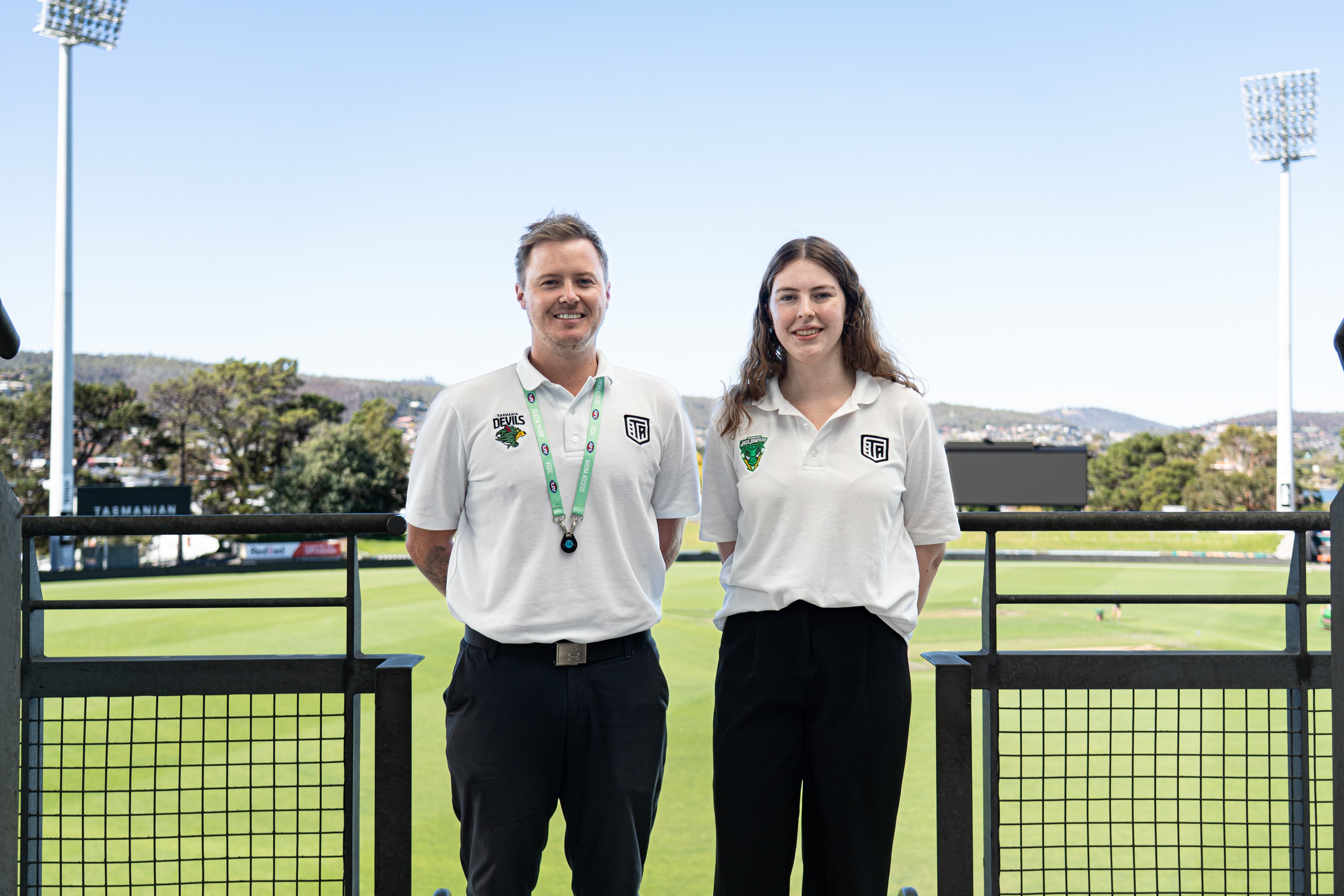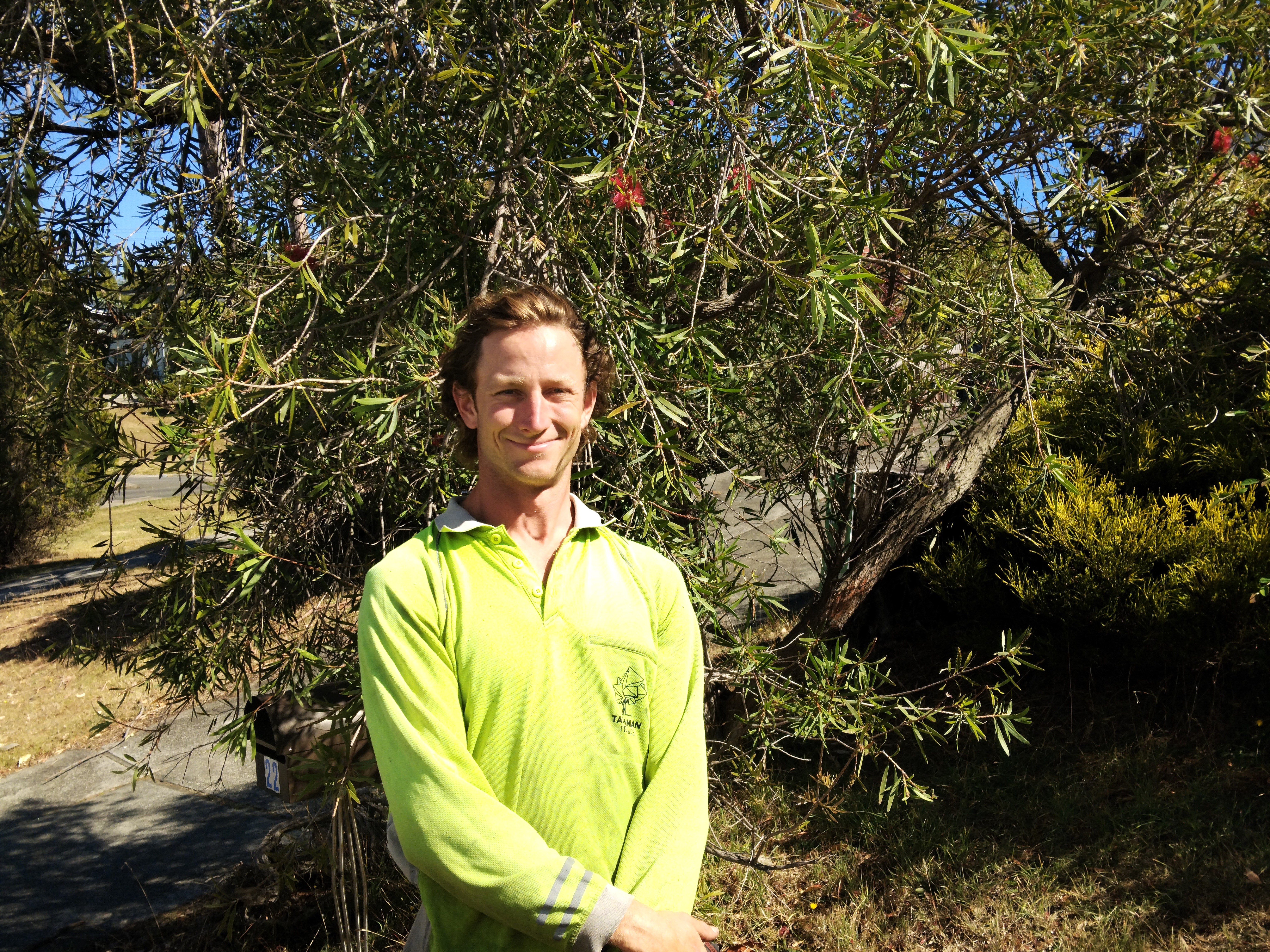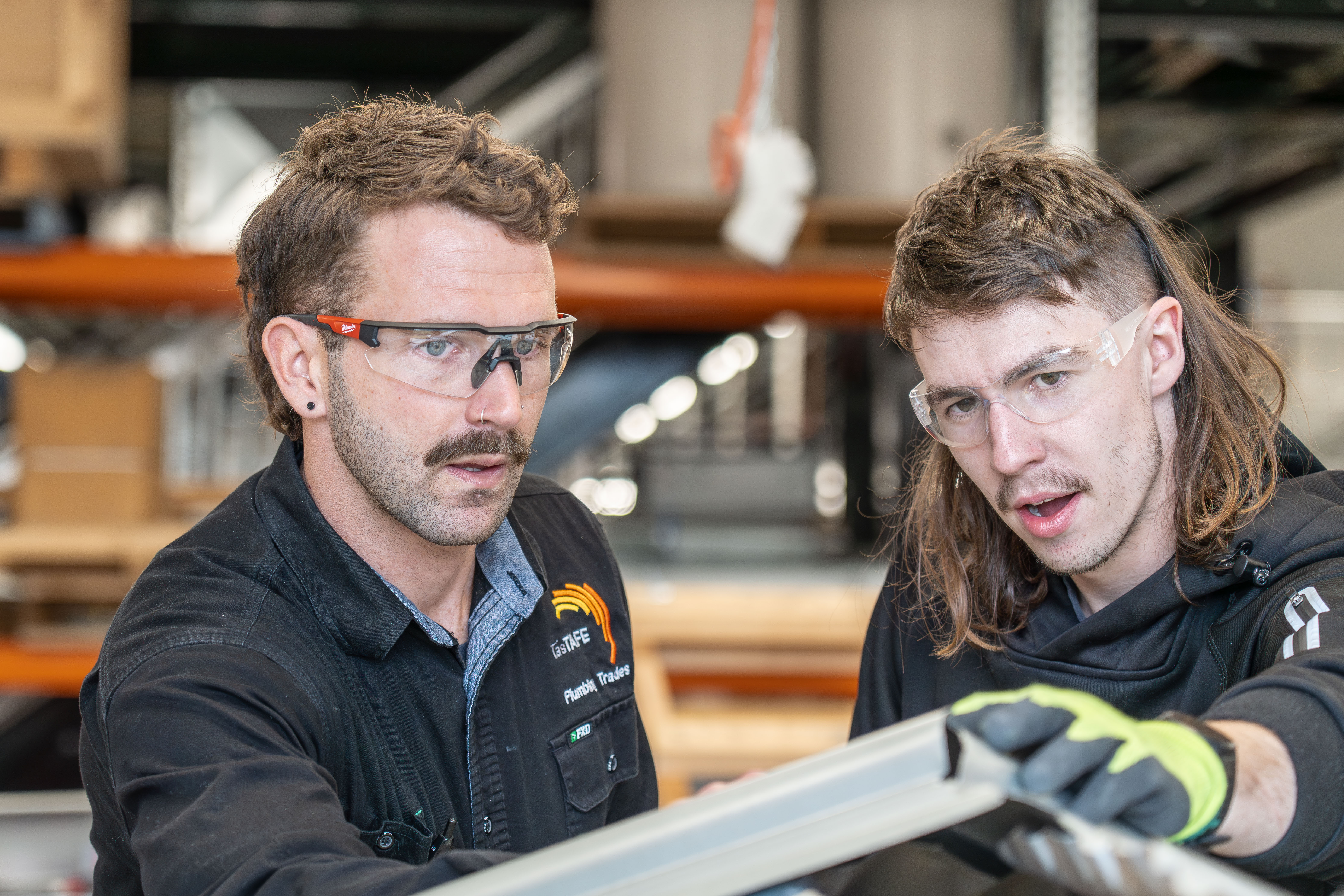TasTAFE Cookery teacher returns from the Taipei International Culinary Challenge
Published on: 13 Dec 2024
Congratulations to TasTAFE Cookery teacher Michael Norton, who recently returned from a successful week at the Taipei International Culinary Challenge in Taiwan.
Michael was part of the Australian Culinary Federation team at the competition. The Australians made it through the 8-team first round of the comp and into the 4-team finals – along with Singapore, Hong Kong and home-town favourites Taiwan.
The results were extremely close: the Taiwan team finished on top with 93.9 points, with the Australians in 4th place on 90.8, a narrow 0.5 points behind Hong Kong.
Michael and his team earned gold medals (for a score of 90/100 or above) for their entrée (pan-seared scallops and prawns with bisque sauce) and main course (chicken breast roulade with nduja) – and they won the ‘Best Dessert’ category.
The winning dessert was a complex creation:
- gâteau of Valrhona Grand Cru Guanaja and Earl Grey mousse, coconut dacquoise, and peppermint tea poached apple
- choux filled with sudachi curd, dusted with Davidson plum powder
- coconut custard in yuzu-scented white chocolate, with Guanaja caramel; and
- banana and maple foam.
“There were a lot of components to it,” Michael said, “– it was pretty spectacular!”
Back at Drysdale in the TasTAFE kitchens, Michael sees 3 main teaching benefits in entering high-level international cooking competitions like the International Culinary Challenge.
“I think it's really important that as an assessor, you put yourself in a position where you are assessed.” Michael said. “When you’ve got 5 international judges with tall hats and clipboards, writing stuff down while you're filleting a fish, it's pretty nerve-wracking! But it helps you have empathy, and it makes you think, ‘How can I help our learners feel more comfortable and put their best foot forward in the assessment process?’
“The second thing is how to give feedback,” Michael continued. “I've had some really great feedback from judges in competitions, and some really appalling feedback. It’s probably the most powerful tool that we have: providing feedback to a student about what needs to be improved, but doing it in a collaborative manner. And it’s a skill that we need to practise.
“And of course it’s always interesting to work with high-quality ingredients that we don't necessarily see in Australia. What is a good soy sauce? What is a good rice wine vinegar? This kind of base ingredient knowledge is another thing to bring back.”
Beyond 2 intense days of competition at the Nangang Exhibition Centre in Taipei (the city), Michael and the team did get to see something of Taiwan (the country).
“It's cheaper to fly internationally then buy all your pots and pans when you arrive, because shipping them there costs too much,” Michael explained. “So we went to fruit-and-veg markets, night markets, shopping centres, bric-a-brac markets in ramshackle, rundown parts of Taipei...
“Outside of the city, Taiwan is very much like Australia, where everyone lives on the coast and the middle is dry and arid. But the middle of Taiwan has this incredible topography – crazy mountains covered in jungle that you couldn't walk through. So it was really interesting to see that as well.”
It’s a good thing that Michael likes to travel: from here, the Australian team will set their sights on ‘Battle of the Lion’ in Singapore in 2025, the Culinary World Cup in Luxembourg in 2027, and the Culinary Olympics in Germany in 2028.




